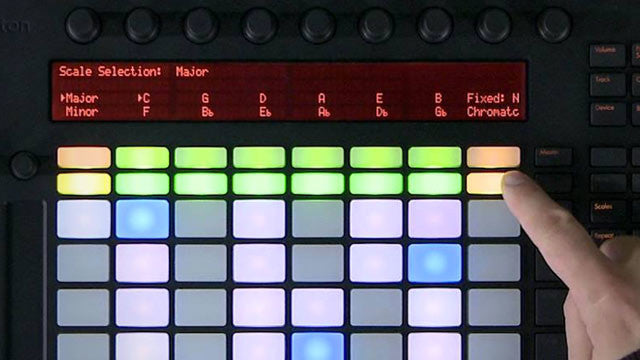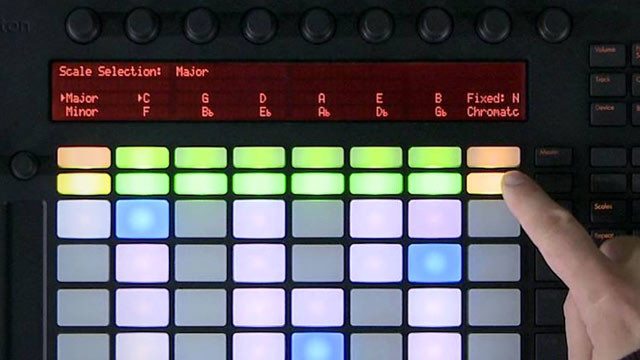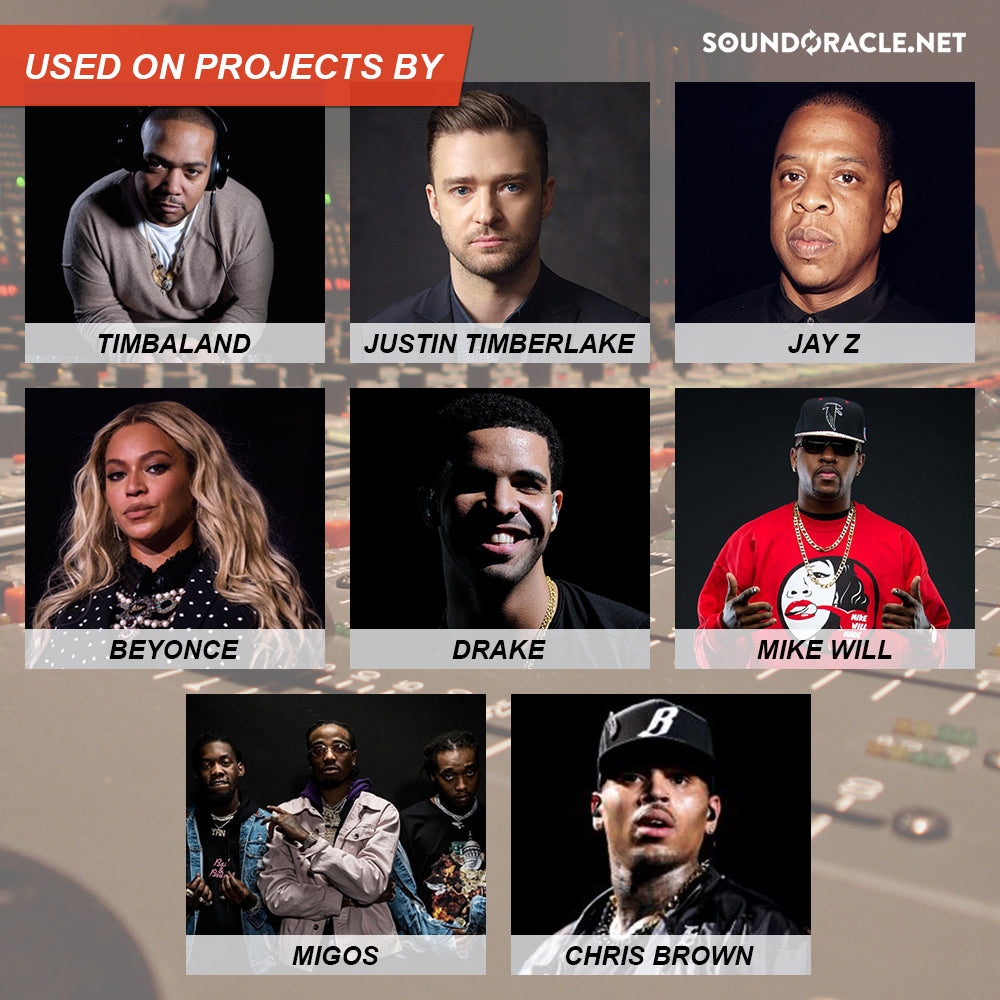

One of the most popular features of the Ableton Push is its “scale” functionality that places all the right notes in a chosen key across the grid of buttons. This makes it incredibly easy for anyone to play chords, melodies and progressions without any music theory experience. The new Kontrol S series of keyboards from NI also unlocks countless scales and modalities for beginners unfamiliar with note structures on a traditional keyboard. At first glance, this appears to be welcome progress – but when you take away all the “wrong notes”, have you also stripped away the magic of possibility?
First, a basic primer on music theory to bring everyone up to speed:
The traditional keyboard contains all possible notes in the Western scale – there are 12 notes in an octave. However, most songs are in a single key, which contains 7 of those notes. This key is their “sonic flavor” and create a relative pallet which lends each key its own unique feeling. If you are playing in one key, dropping notes that don’t traditionally belong to the group usually sounds “bad” and are avoided – except in jazz (more on that later).
When writing songs on a keyboard, a lot of time is spent figuring out the correct scales and notes to play, and which ones to avoid. Naturally, technology companies made the logical leap: why not take away the notes that you don’t need?
THE “RIGHT” NOTES
In jazz music, there are no “wrong” notes and it’s usually off-color chord combinations that provide this divisive genre with its dissonant-yet-funky energy. Not just exclusive to trios, blues and even rock and roll find new moody pallets by mixing up notes and keys to cut through the noise and convey emotion. In this amazing video, jazz band leader Stefon Harris demonstrates how there truly are no wrong notes, just missed opportunities.
If you have followed me this far, then let’s leap a bit further into the cave of possibility. Writing music is all about discovery and listening, some of the best moments are very happy accidents that just work. We don’t know how or why, but MAN – that chord sounds so cool, play it again! If you are writing music on an instrument which has removed all possibility for error, has it not also killed all the opportunity for discovery, for accidents, for funk?
THE EVOLUTION OF THINGS
Ok, bear with me now as we put on the spelunking gear and launch even deeper still down the rabbit hole. Evolution, or natural selection is a result of happy accidents – “wrong” things end up working better than the “normal” behavior and so that variation sticks – eventually becoming the norm until some new accident improves on the idea. We will avoid going into a full-blown explanation of natural selection on a DJ blog (watch Carl Sagan’s explanation instead here), but there is a connection. If we eliminate all possibility for accidents then how can our sounds evolve and change over time.
Auto scale mode might be amazing for finding a melody quickly but it probably is not the best song writing tool for standing out. Instead I suggest you sit down at a piano and play some random chords without much intention or idea what is even happening. Chances are some random combination will be the most interesting thing you have written all day.
Original post found here:
http://djtechtools.com/2014/10/31/no-wrong-notes-is-that-a-good-thing/
P.S. To get the best premium quality producer kits, drum loops, and samples, visit and subscribe to SoundOracle.net



